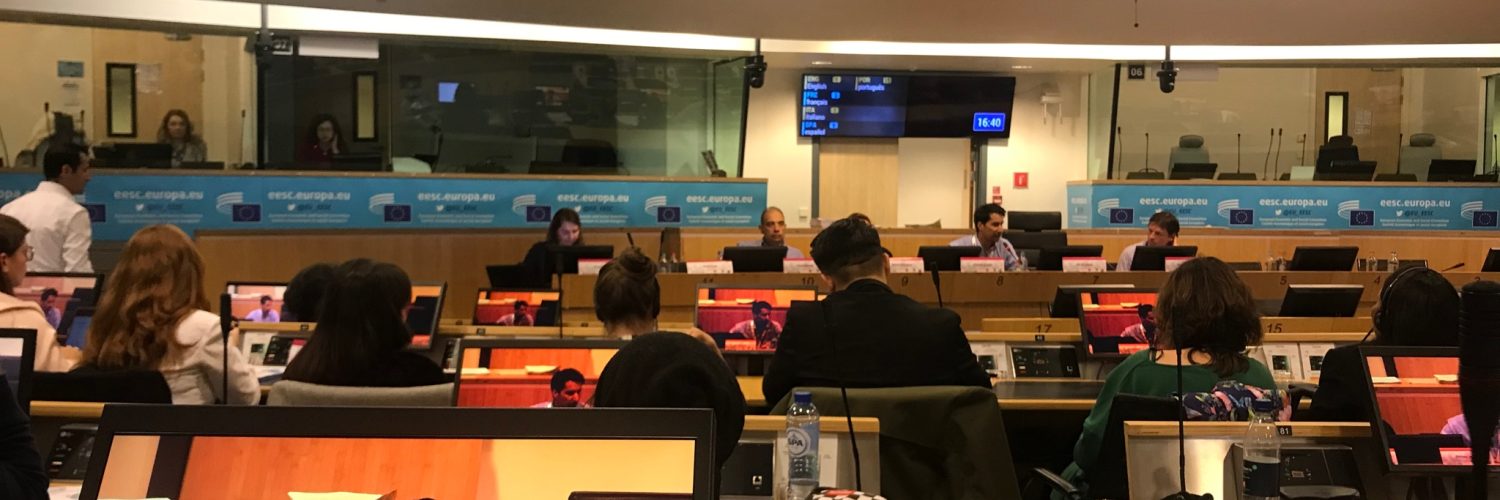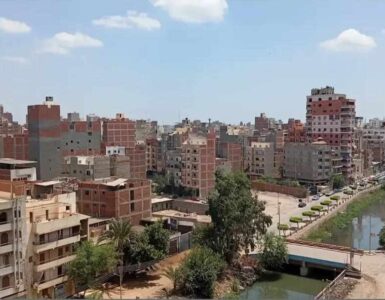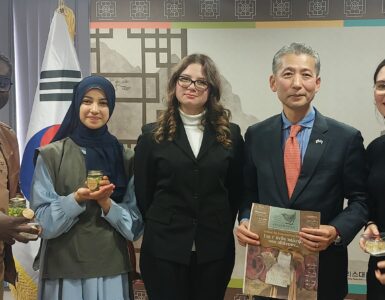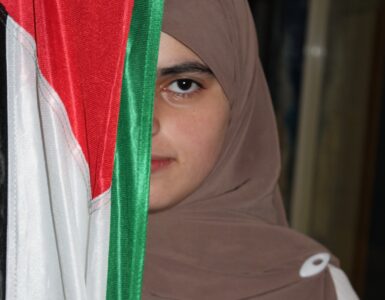Migratory Birds had the chance to participate at the 7th European Migration Forum in Brussels and our representative Fridoon Joinda shares his experience within this inspirational forum.
By Fridoon Joinda
On 21st of October, I had the privilege to represent Network for Children’s Rights and Migratory Birds newspaper at the 7th European Migration Forum and to participate in the panel discussions on “Youth inclusion: key to successful migrant integration.”
My name is Fridoon Joinda from Kabul, Afghanistan, I am an award-winning filmmaker and a communication major at a well- known private university in Athens, I left my homeland in early 2016 due to journalist insecurity, and I ended up in Moria camp in August of that year. My journey since then has just deepened my commitment to social justice and my sense of responsibility to telling the truth as I see it. I transform my emotions into a desire to film stories of the most vulnerable, making documentaries to encourage people to understand the world using their imagination. We are living in an intense time, facing many challenges, and I want to make my voice heard, which I try to do through my journalistic work.
Currently, I am a member of Migratory Birds, which gave me the opportunity and a significant responsibility to represent the newspaper at the 7th European Migration Forum, held annually in Brussels’ European Quarter. The EMF (European Migration Forum) provides a forum for civil society to share its opinions, network with decision-makers at the national and EU levels, and discuss issues and objectives.
When I was first called out and informed of the event and that I should represent the network, participate in the panel discussion, and talk about “Public Attitudes Towards Migrants,” I was excited. However, even though I had previous experience speaking in front of audiences, I found it difficult to narrow my thoughts down when I began preparing my speech. I couldn’t prioritize the concerns and realities people face on the ground; I couldn’t determine which tales to share and which discrimination to highlight. I was thinking shall I talk about people’s psychological issues, distress, anxiety, and uncertainty? Or talk about the people’s deplorable living conditions in the camps? Should I talk about the incredibly lengthy asylum process that can take months and years? Or talk about the lack of education plans, housing, career chances, and more…
Thankfully, on the day of the event other panelists had the opportunity to speak as well; they brought attention to the mistreatment of refugees and migrants as well as the reality of what is happening in the field across Europe. For my part, I emphasize the value of the democratic, free speech, and human rights systems in the European Union, which are uncommon in a big part of the world. Also, I shared my personal experience living in Moria camp and mentioned other refugee camps in Greece, where thousands of people are still unable to integrate and must battle to survive.
I emphasized the value of raising public awareness about humanitarian issues, which is why I drew attention to Migratory Birds newspaper and its importance in giving young Greek, refugees, and migrants a voice to share their concerns with the public. In addition, I emphasized the importance of academic education for displaced people and that the EU should assist with that. Unfortunately, academic education for refugees is scarce in Greece; I am one of the few to have access to academic education and for that I feel privileged.
The event lasted for two days, and there was a lot of positive exchange, which brings hope. However, bureaucracy and implementation of those points made in the 7th European Migration Forum are something to be discovered.
*Article 13 /CRC: The child shall have the right to freedom of expression; this right shall include freedom to seek, receive and impart information and ideas of all kinds, regardless of frontiers, either orally, in writing or in print, in the form of art, or through any other media of the child’s choice.









Add comment